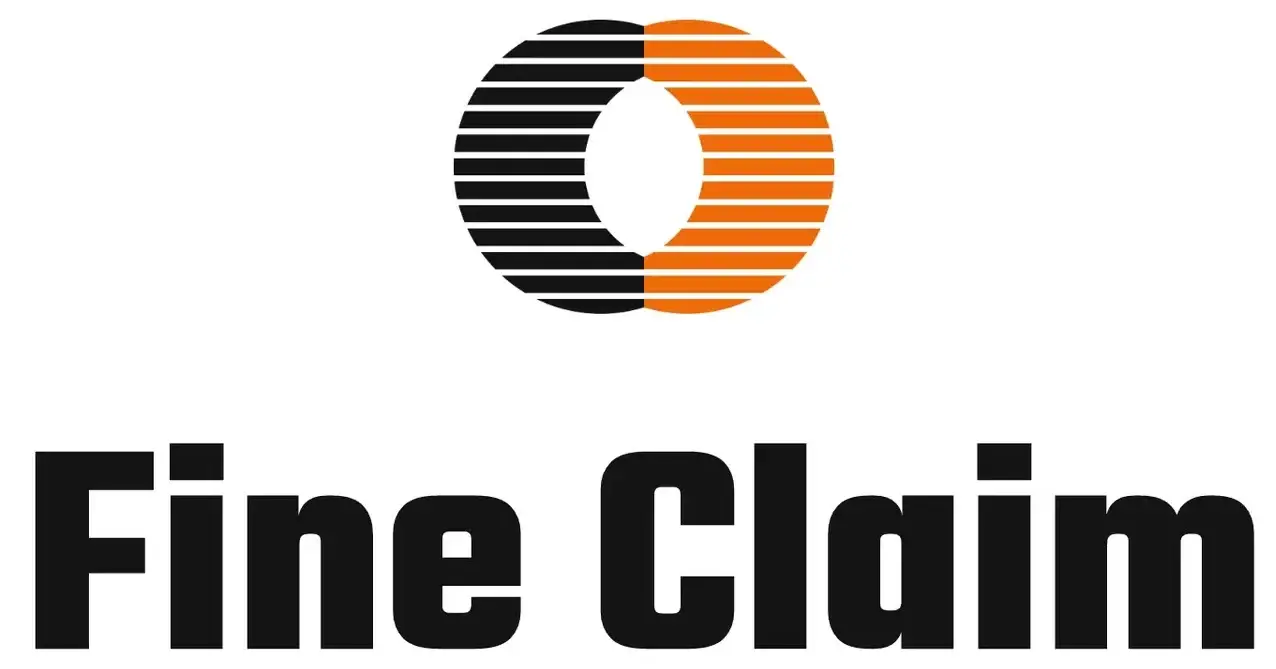Accounts Receivable Service: Enhancing Cash Flow and Financial Stability

Strong 8k brings an ultra-HD IPTV experience to your living room and your pocket.
Accounts receivable (AR) service is a crucial financial function that ensures businesses receive timely payments for the goods or services they provide. Whether you're a small business, a large corporation, or a healthcare provider, managing accounts receivable effectively is key to maintaining steady cash flow, minimizing bad debt, and ensuring long-term financial health.
In today’s competitive and fast-paced business environment, many organizations rely on specialized accounts receivable services—either in-house or outsourced—to streamline the collections process, reduce operational burdens, and improve profitability.
What Is Accounts Receivable Service?
Accounts Receivable Service involves tracking invoices issued to clients or customers and ensuring those invoices are paid within the agreed terms. The service typically includes:
• Invoice Generation and Delivery
• Payment Monitoring and Collection
• Customer Account Management
• Follow-up Communications (emails, calls, reminders)
• Aging Report Analysis
• Dispute Resolution
• Cash Application and Reconciliation
These tasks help ensure that payments are received promptly and recorded accurately.
Importance of Accounts Receivable Services
Efficient AR services are essential for:
• Maintaining Liquidity: Businesses rely on incoming payments to cover operational costs and grow.
• Reducing Bad Debts: Timely follow-ups reduce the risk of unpaid or overdue accounts.
• Improving Customer Relationships: Professional AR services ensure respectful and transparent communication.
• Enhancing Financial Reporting: Accurate accounts receivable records improve decision-making and financial forecasting.
Industries That Rely on AR Services
Almost every industry uses accounts receivable services, but they are especially vital in:
• Healthcare: Ensuring timely reimbursements from insurance companies and patients.
• Manufacturing and Wholesale: Managing bulk orders and extended credit terms.
• Legal and Professional Services: Handling retainer and post-service billing.
• Retail and E-commerce: Managing high volumes of daily transactions.
• Education and Institutions: Collecting tuition fees and service charges.
Benefits of Outsourcing Accounts Receivable Services
Outsourcing AR services to specialized firms offers several advantages:
1. Expertise: Professionals handle complex collections with precision and diplomacy.
2. Cost Savings: Reduces the need for a large in-house finance team.
3. Faster Collections: Streamlined processes result in quicker payments.
4. Scalability: Easily adapts to growing or fluctuating business needs.
5. Improved Reporting: Advanced software and analytics offer real-time visibility into outstanding receivables.
Key Metrics Monitored in AR Services
• Days Sales Outstanding (DSO): Measures the average number of days to collect payment after a sale.
• Accounts Receivable Turnover Ratio: Indicates how often receivables are collected during a period.
• Aging Report: Breaks down outstanding invoices by how long they’ve been unpaid.
• Collection Effectiveness Index (CEI): Measures the efficiency of the collection process.
Challenges in Managing Accounts Receivable
• Delayed Payments: Clients exceeding credit terms can disrupt cash flow.
• Disputes and Deductions: Payment delays due to billing errors or service issues.
• High Volume of Transactions: Difficult to track without automation.
• Credit Risk: Extending credit to unreliable customers increases default risk.
Overcoming these challenges requires a proactive AR strategy, skilled staff, and robust software tools.
Conclusion
Accounts receivable services are vital for ensuring financial stability and operational success. Whether managed internally or outsourced, AR services help businesses maintain cash flow, reduce risks, and build strong customer relationships. In today’s economy, investing in professional AR services is not just a financial strategy—it’s a business necessity.
Note: IndiBlogHub features both user-submitted and editorial content. We do not verify third-party contributions. Read our Disclaimer and Privacy Policyfor details.







